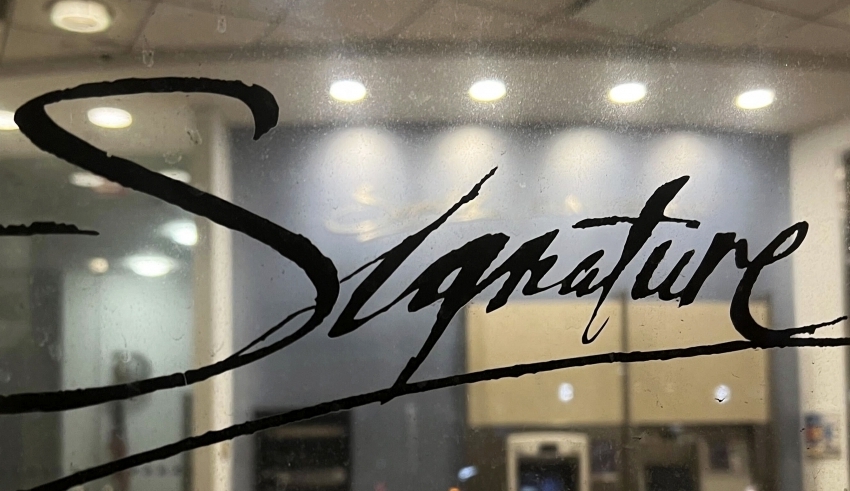
Customers of Signature Bank, alarmed by the sudden failure of Silicon Valley Bank, withdrew almost $10 billion in deposits on Friday, a board member told CNBC.
This rapid withdrawal of money caused the third-largest bank failure in U.S. history. Sunday evening, regulators announced that Signature was being taken over to preserve the bank’s depositors and the stability of the United States’ financial system.
Signature Bank, a New York-based company with extensive ties to the real estate and legal industries, was stunned by the sudden action, according to board member and former U.S. representative Barney Frank. According to a regulatory filing, Signature had 40 locations, assets of $110.36 billion, and deposits of $88.59 billion by the end of 2022.
“We had no sign of concerns until we received a deposit run late on Friday, which was a direct result of SVB’s contagion,” Frank said in a phone interview with CNBC.
The problems for U.S. banks with exposure to the frothiest asset classes of the Covid epidemic — crypto and tech startups — reached a boiling point last week with the closure of crypto-focused Silvergate Bank. Even though this company’s failure had been anticipated for some time, it contributed spark a panic over banks with huge volumes of uninsured deposits. Thursday, venture capital investors and startup entrepreneurs emptied their Silicon Valley Bank accounts, resulting in its seizure by Friday midday.
Fears that uninsured deposits could be frozen or lose value, either of which could be deadly to startups, drove to pressure on Signature, First Republic, and other brands late last week.
Keep Reading
Signature Bank was established in 2001 as a business-friendly alternative to the major financial institutions. It extended to the West Coast and subsequently embraced the cryptocurrency business in 2018, hence accelerating deposit growth in recent years. The bank established a 24/7 payments network for cryptocurrency clients and received $16.5 billion in deposits from digital asset-related clients.
Frank stated that as anxiety spread late last week, Signature customers shifted their deposits to larger banks such as JPMorgan Chase and Citigroup.
According to Frank, Signature executives examined “all alternatives” to stabilize the company, including acquiring additional financing and evaluating possible acquirers’ interest. On Sunday, he reported that the outflow of deposits had halted, and management believed they had stabilized the situation.
Instead, Signature’s top executives were abruptly dismissed, and the bank was closed on Sunday. Authorities are currently initiating a sales procedure for the bank, while guaranteeing clients’ access to deposits and continued service.
The action aroused eyebrows among onlookers. At the same announcement on Sunday that classified SVB and Signature Bank as threats to the nation’s financial stability, authorities also revealed new measures to bolster confidence in the nation’s other banks.
First Republic, a bank that has been under pressure in recent days, announced that it had access to almost $70 billion in untapped capital from the Federal Reserve and JPMorgan Chase.
Frank, who helped create the historic Dodd-Frank Act following the 2008 financial crisis, stated that there was “no real objective rationale” for the seizure of Signature.
Frank stated, “I believe regulators wanted to deliver a very clear anti-crypto message. We became the poster child since there was no underlying insolvency.”


























